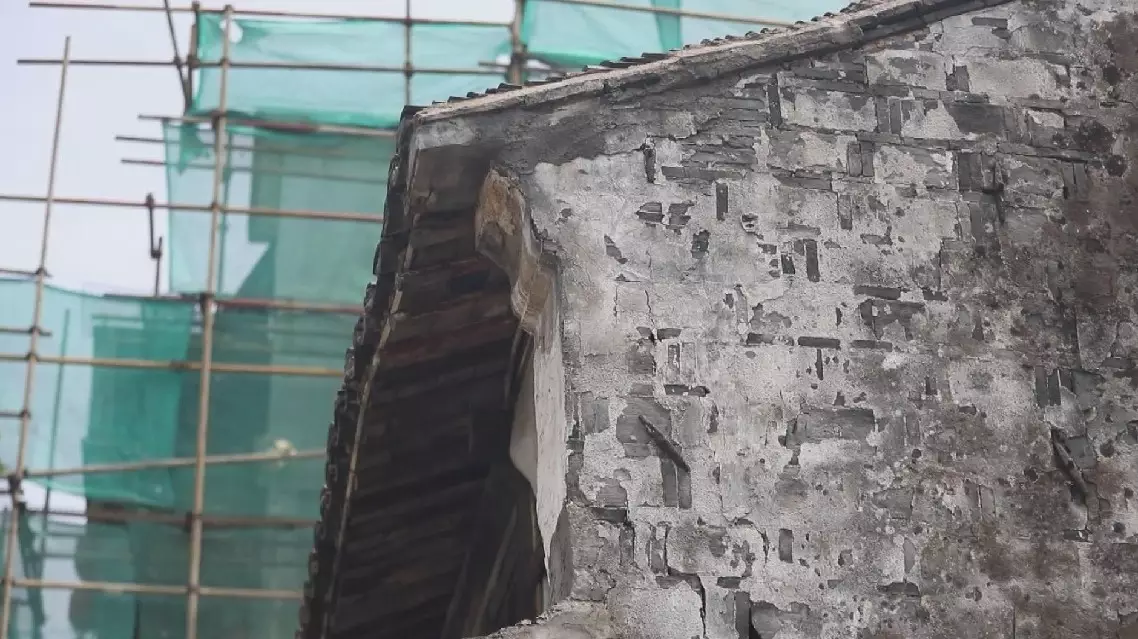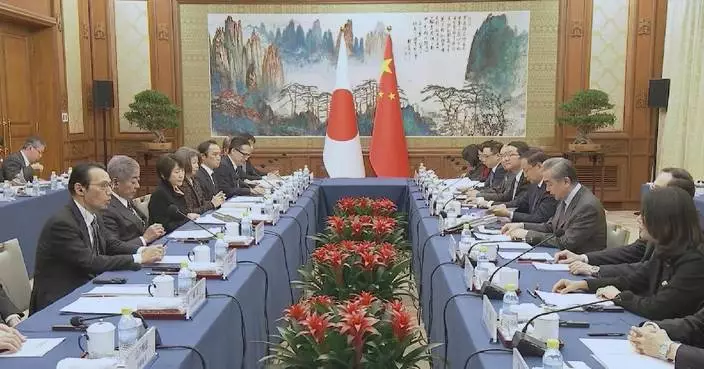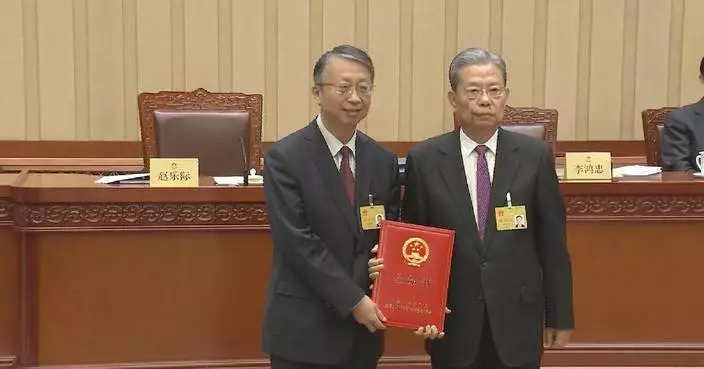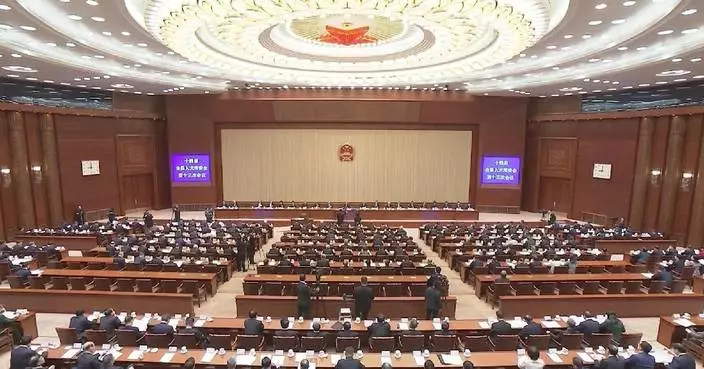China's Ministry of Housing and Urban-Rural Development has unveiled its strategy for 2025 to stabilize the country's real estate market, which has faced downward pressure recently.
An announcement came at the close of the ministry's national work conference on housing and urban-rural development on Wednesday in Beijing.
According to the work conference, positive changes have been seen in the property market since the fourth quarter of this year thanks to a series of policy measures adopted.
Data of October and November from the ministry showed consecutive month-on-month and year-on-year increases in the transactions of areas for new commercial housing nationwide. Besides, significant progress has been made in ensuring the delivery of homes under construction, with 3.38 million housing units delivered.
In 2025, the ministry underlined approaches from three aspects to propel the market toward stabilization and recovery, which are releasing demand, improving supply, and promoting transformation.
On the demand side, the ministry said it will build upon previously-introduced credit and tax policies to unlock housing demand through the renovation of urban villages and dilapidated housing.
"More efforts will be made to renovate urban villages and dilapidated houses, and promote monetized resettlement. On the basis of building an additional 1 million units, the scale of urban village renovation will continue to expand, especially, on projects where residents have a strong desire for renovation. And for projects that are relatively favorable and ready to renovate, key supports will be given," said Ni Hong, minister of Housing and Urban-Rural Development.
In regard to improving supply, the ministry said it will revitalize existing land and commercial housing, address the issue of unsold second-hand commercial housing, and increase the supply of affordable housing to help new urban residents, young people, and migrant workers secure homes.
To drive the transformation of the real estate sector, the ministry said it will prioritize optimizing and improving the housing supply system, advance the institutional reforms of the sales system for commercial housing, and accelerate the establishment of a comprehensive safety management system for buildings throughout their entire lifecycle.

China's housing ministry outlines plan to stabilize property market in 2025









